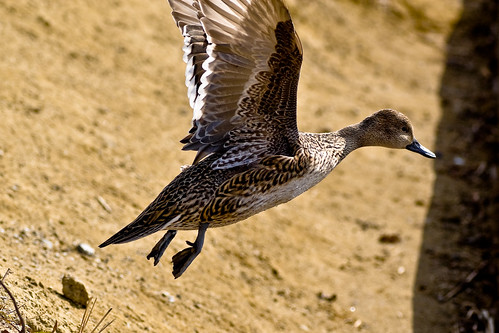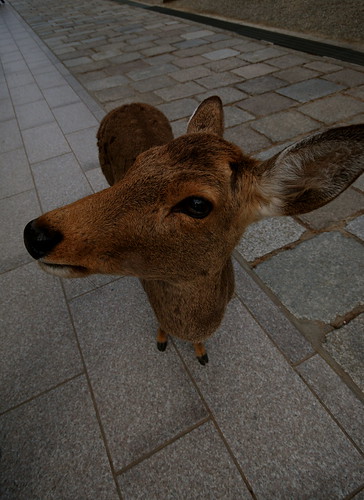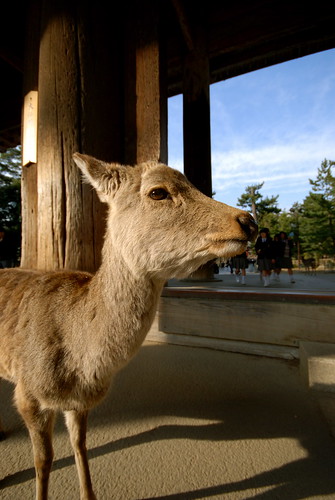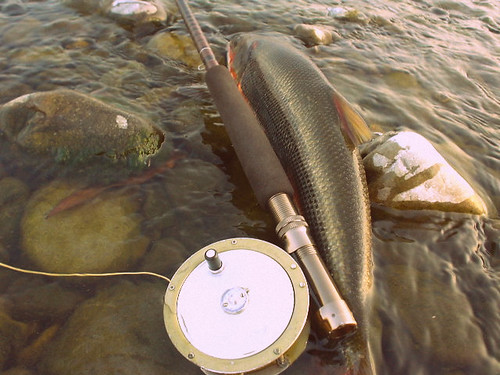Japan-Domains.com - Japan's #1 Domain Registrar
This is one of the longest running blogs on the topic of Japan. The blog is about things occurring in Japan. All topics are fair game. I have been deep in the Japanese global community for 20 years, so ask questions if you have any. The blog started out focusing on the many unusual and literally ancient animals in Japan. Over time people wanted to know, see, and read more, so I expanded the blog.
Wednesday
Tuesday
Saturday
Friday
Wednesday
Monday
Sunday
Thursday
Japanese Pika/Piping Hare (Ochotona hyperborea yesoensis)





I am a Japanese pika (Ochotona hyperborea yesoensis) living in Hokkaido, Japan's northernmost island. We have been living among boulders on talus slopes in mountain areas such as Daisetsu Mountain National Park, Japan's last wilderness, for thirty or forty thousand years. We originated in Siberia and, passing through Sakhalin, came to Hokkaido in the Ice Age on land bridges that had formed due to a drop in the sea level between Hokkaido Island and the Eurasian continent. After the end of the Ice Age, as it was getting warmer, we went upward to a higher part of the mountains for we can't live without cool, clean air. Since we have survived to the present day, we are called "Relics of the Ice Age."
Although we are classified as a different species from American pikas, our appearance and ecology are very similar to theirs. The biggest difference is we are in a critical situation because of timber cutting and the construction of roads and ski resorts while American pikas live peacefully. We are sensitive to automobile exhaust and have a low tolerance to heat; therefore, we emphasize that any more development in our habitat must be stopped even though such development may give human beings enormous conveniences.
-
The Japanese Bobtail is a breed of cat with an unusual 'bobbed' tail more closely resembling the tail of a rabbit than that of an or...
-
Kitsune (狐 ?, IPA: [kitsɯne])(Kitsune.ogg Pronunciation) (help·info) is the Japanese word for fox. Foxes are a common subject of Japanese fo...
-
The Stoat, an ermine, is a small mammal belonging to the weasel family. The Hondo Stoat (Mustela Erminea Nippon), particula...










